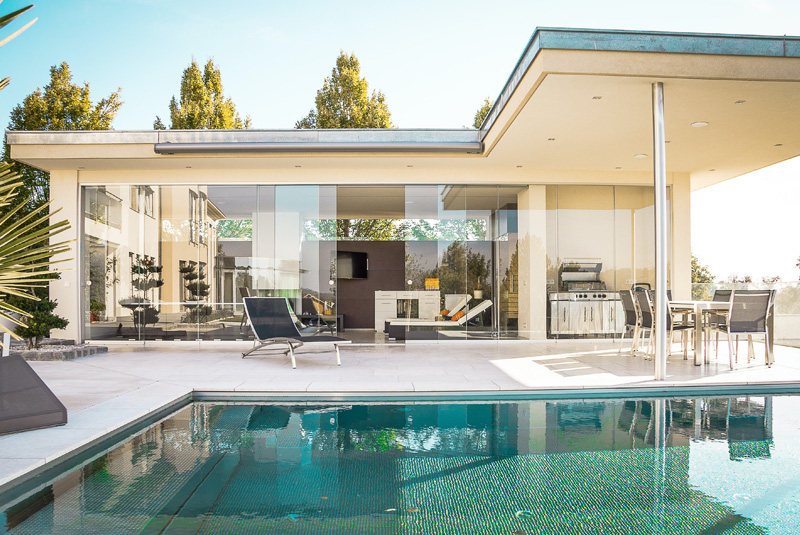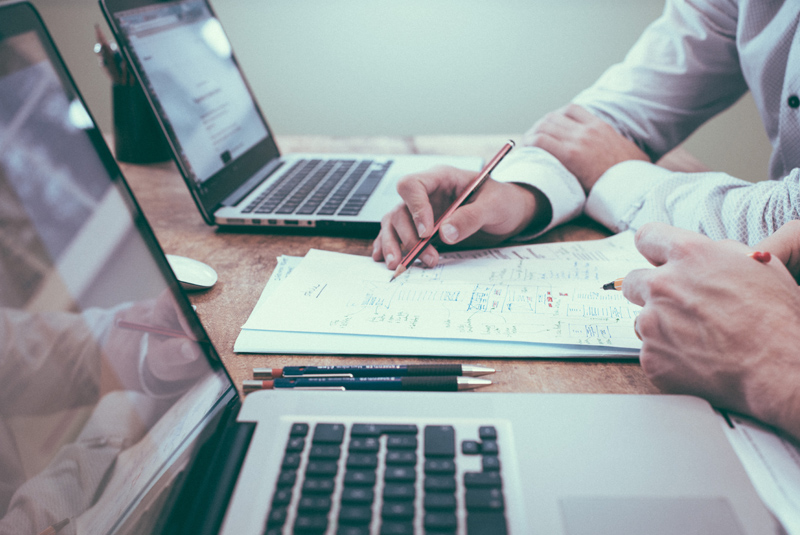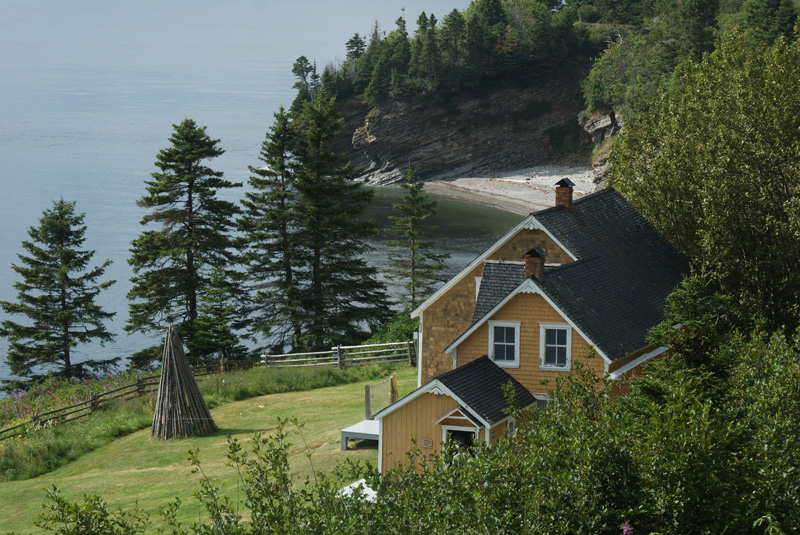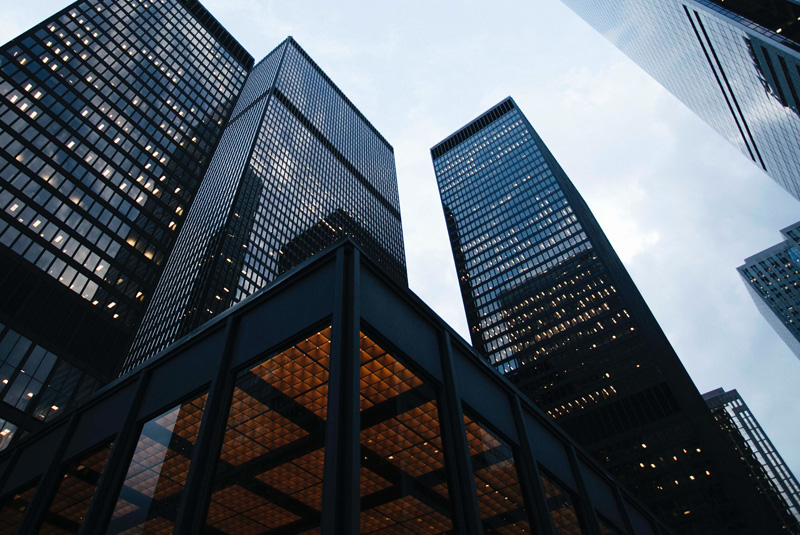July 5, 2021
What To Consider When Buying a Rental Property Investment
Share this article:

The world of investment is one of calculated risk. You’re putting your money on the line the minute it leaves the safety of your bank account. In general, however, the least risky ventures tend to be those with a long track record of positive gains, over a long period of time. Real estate has to be front-and-center among this type of enterprise. Certainly of late, real estate values across the GTA and much of Ontario, even during the havoc of Covid-19, have done nothing but climb. So the opportunity is out there to make money renting out dwellings, but it will require doing your research first – and then doing the legwork of finding just the right property, one that fits your needs and budget. The result could be a very positive outcome for a real estate investor.
One of the most common real estate investment strategies are to find a property that can be rented out. The goal is to achieve a two-tiered financial success story:
- Collecting monthly rent and therefore income and (hopefully) profit right away
- Having the property increase in value over time, resulting in a profit
Before you go charging out the door, with a real estate agent in tow, however, you will need to go through some rough calculations to determine the viability of your plan. Most of this is relatively simple arithmetic. Several key components to consider:
- The price of a potential property, one which you can afford – this may take some reverse engineering based on the following
- The maximum down payment you can afford
- The best interest rate you can find for your mortgage
- The length of the mortgage (known as its amortization period)
- Annual property taxes and other costs such as heat, etc.
- What you can get back in monthly rent for the property
Let’s break some of these items down in a bit more detail.

Real Estate Pricing
In a word, it’s – volatile, and will likely continue to be, as long as interest rates remain at historic lows. This is not necessarily a bad thing either, but it very well may be a scenario of “he who hesitates is lost”, should a hot property come up. When you’re ready to take the plunge, you should really be ready. That means have your banking institution ready, your lawyer ready, etc. That property may go fast, as the next comparable one that comes up may well be more expensive. That said, there are predictions of a “leveling off” of real estate prices in the GTA and across Ontario in the coming months; so too “volatile”, you might want to add the word “unpredictable”.
Your Down Payment
Here, you have to be realistic, unless you have access to unlimited funds. Your down payment will determine what the basic mortgage is going to cost every month. That makes it a good idea to put as much down as possible. Your financial institution will want to see a certain percentage down on the property, and they will want to see how you intend to pay the mortgage off. Overextending yourself is the last thing you want to do.
Keep in mind, there may be unforeseen expenditures associated with the property, such as renovations and repairs. These may be in addition to the stuff you already want to do to the place to make it enticing to potential tenants or to keep existing ones happy. All of this should be carefully examined in advance and may impact how much you can realistically make as a down payment.

Interest Rates and Paydown
They have been at historic lows for quite a while. The interest rate on your mortgage is the other great variable in determining what your rental property will cost you, both monthly, and over the long term. There are so many options out there these days, in terms of lending institutions and advisers; you should take your time and do your research before making a final call. Aside from the big banks, there are many other lenders who would be happy to sit down with you and assist in determining a course of action.
One reality to be very aware of is that the low interest rates we are enjoying today may not be permanent. At some point, due to whatever economic realities that come along, they may start to rise. This will potentially heavily impact your monthly mortgage payment.
Amortization Period
This goes hand in hand with your mortgage rate. The quicker you pay down the mortgage, the less you will pay overall, although you will be paying more per month. It’s a balance you have to strike and will be dependent on your financial circumstances. Remember as well, that the idea is to have the incoming rent cover your principal, interest, and everything else, leaving a profit in your hand at the end of each month.

Taxes and Other Associated Costs
These are ongoing expenses that need to figure into the plan for your rental investment property. Most will be regular, but some may be unanticipated, such as the aforementioned emergency repairs and service work. The older the investment property, the more can go wrong with it – is a general rule of thumb to keep in mind. This would include heating, plumbing, electrical, windows, roofing, structural concerns, etc.
The Rent
This will be the source of income-you will likely be using to keep all the costs covered and show a profit. Rents, in general, tend to go up steadily with time, but there can be unforeseen impacts – take Covid-19, for example. When vacancy rates go up, there is inevitable pressure on rents to go down. As the landlord, you want to offer decent value to your tenants, but you also want to make money at the same time.
There’s a look at the numbers game of real estate investment. Now let’s take a look at some other important factors which will come into play as well. You should make yourself familiar with them:

Location, Location, and Location
They call them the three most valuable features of any piece of real estate. It’s a cliche, but it also happens to be true. You will get the maximum rental income from a desirable spot, one that has amenities, is safe, has proximity to transportation, shopping, is close to schools, churches… the list goes on. Important to keep in mind: Higher quality tenants will be drawn to this type of demand location.
Type of Investment Property
For the aspiring rental unit owner, there are several choices to consider when it comes to picking the type of income generating property:
- Condo
- Single-family dwelling
- Multiplex
- Cottage
Though probably more expensive upfront, and with more month-to-month expenses, multiplex units can also generate more income from the multiple tenants they house.
It’s important to remember that a larger property size also incurs a greater burden (taxes, maintenance), plus increased expenses, such as maintenance – think of landscaping and snow removal, for example – and repair.

Other Considerations
You’ll need to give a thorough look at the area you are considering for your real estate rental investment. Vibrant neighborhoods, with job growth and new development, will influence those areas’ demand for housing. That will, in turn, impact rental rates, definitely a good thing for the aspiring landlord. An area less well endowed will likely generate less interest in renting there.
Even in the most robust real estate market, investing in rental properties should not be considered a get-rich-quick proposition. It is a long-term investment, which requires your active involvement, and done right, will build capital over time, while providing income in the near term.
Maybe most important of all, as mentioned at the beginning, is to go into any such venture with your research and homework done upfront. It is also wise to assemble a team and listen to their advice, legal, financial, and tax-wise. The counsel they give may make the difference between a sound investment and a money-pit.
Ontario has, of late, seen its share of ups and downs in real estate lately, after months of steady (one might say “out of control”) price increases. The last while – the Covid-19 period – has seen a dip in rental prices, although the real estate resale market has continued to charge ahead. The latest projections are that, in the GTA, there will be a leveling-off in home prices in the coming months. That could make it an appropriate time for an investor to find that perfect property, one that meets all the criteria we’ve outlined here, and begin generating income while developing a sound long-term real estate asset.
For more expert advice on a rental property, consider contacting an investment mortgage advisor to talk about your finance options.
Get more homeowner tips
Subscribe to get more homeowner tips and advice delivered right to your inbox.
More Great Reads
- Top Mortgage News Toronto: Essential Updates for 2025 Homebuyers and Borrowers
- Unlocking Your Home’s Potential: A Comprehensive Guide to Basement Rental Income Tax in Canada
- Unlocking Your Dream Home: A Comprehensive Guide on How to Get Approved for a Mortgage Using Your Business Income
- Securing Your Home: A Comprehensive Guide on How to Get Approved for a Mortgage After Bankruptcy
- How to Save and Buy Your First Home: A Complete Guide for First-Time Buyers


